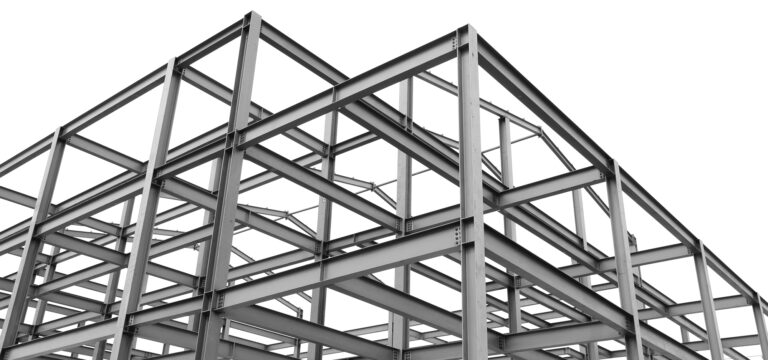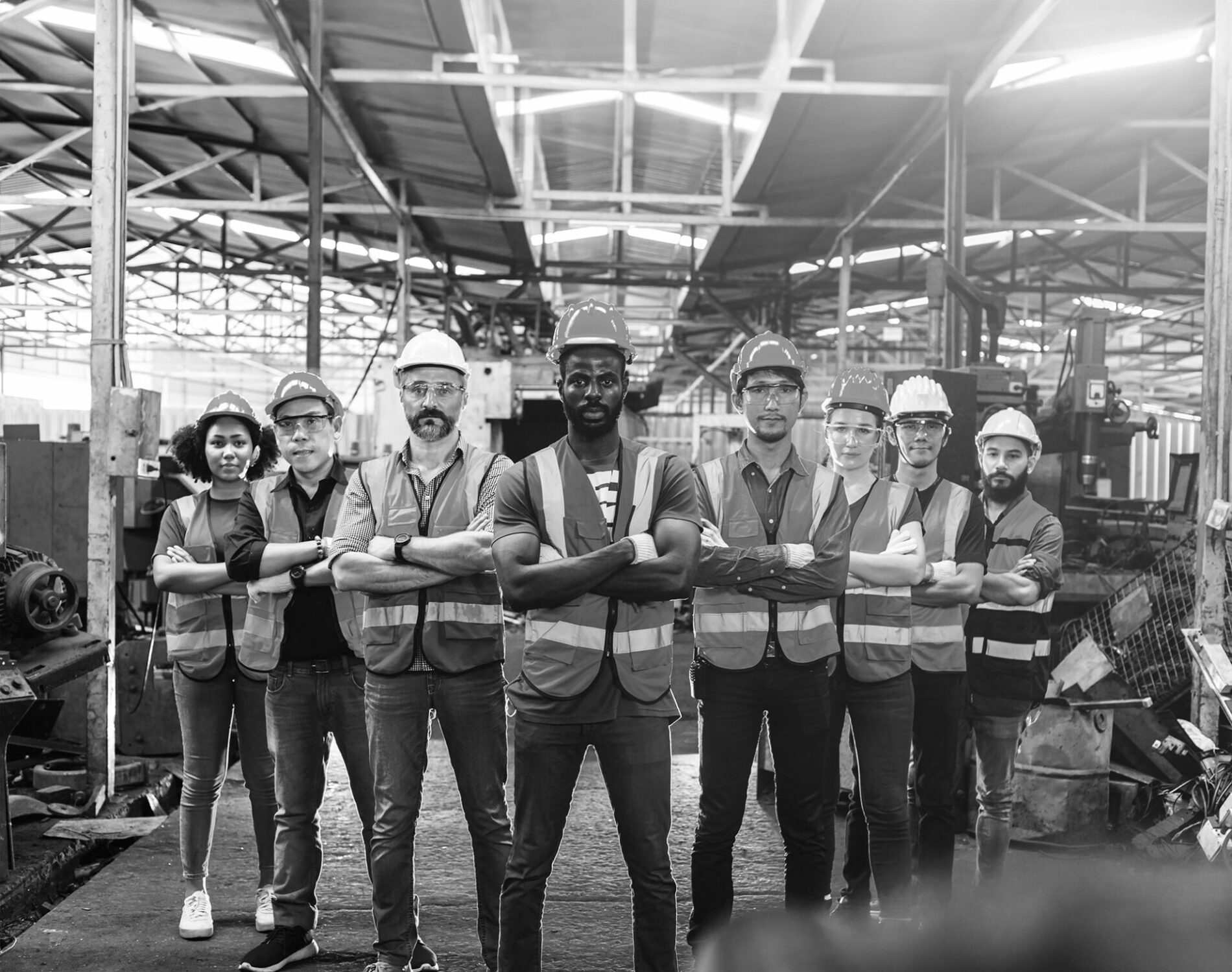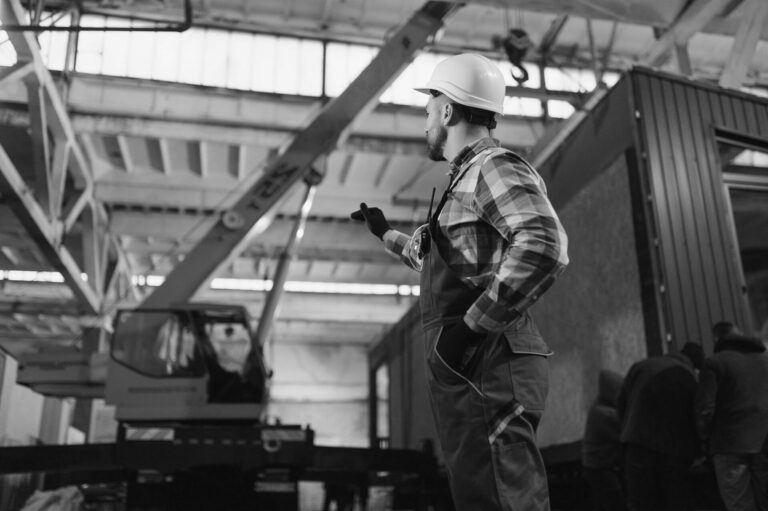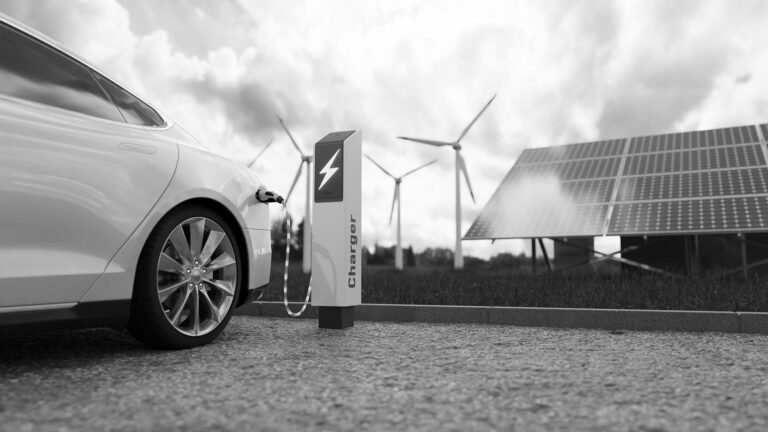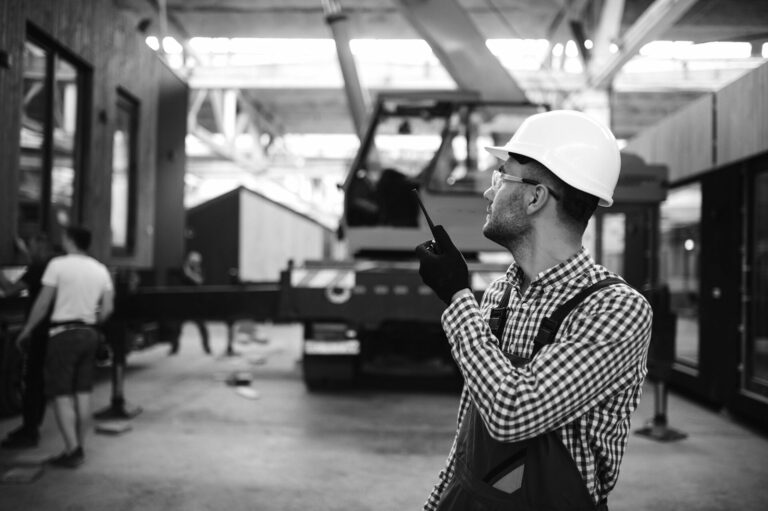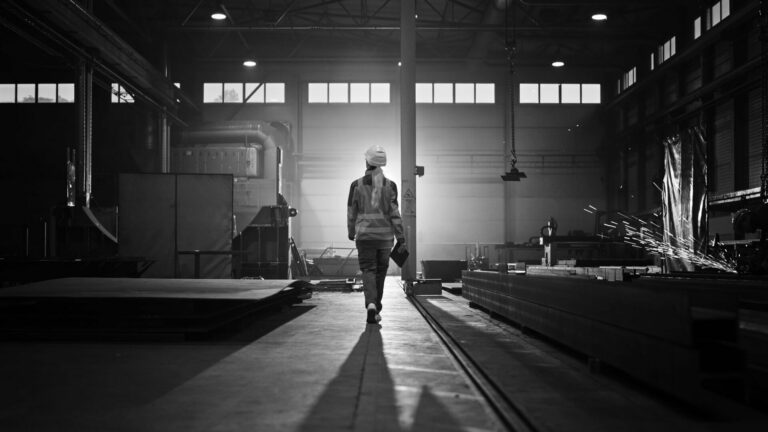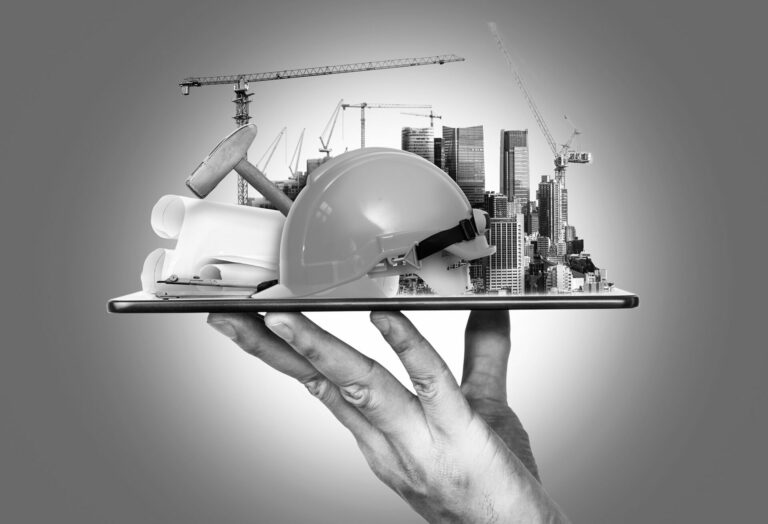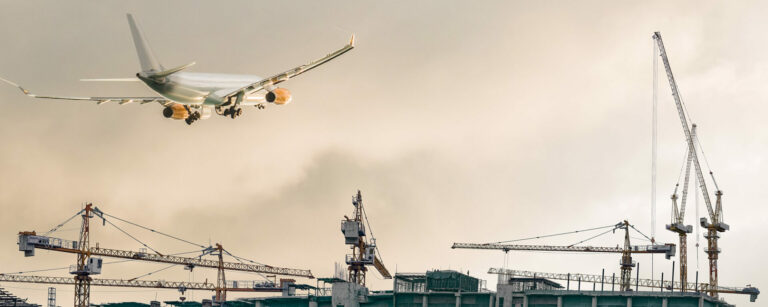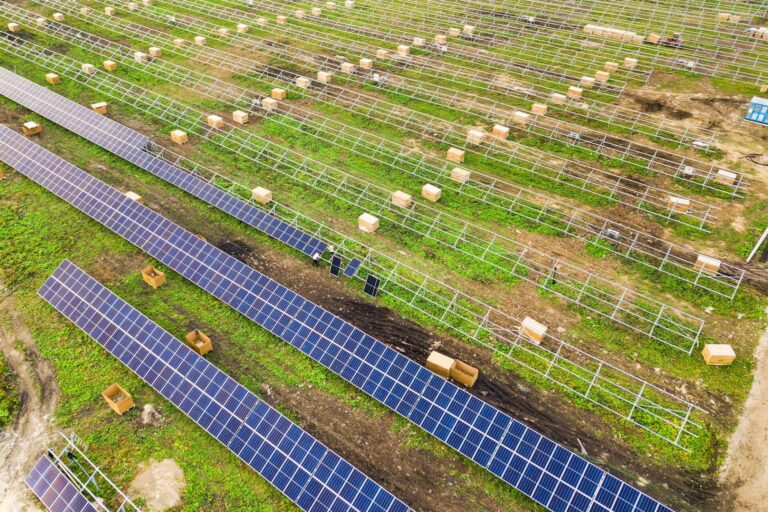As Construction Inclusion Week (CIW) prepares for its fourth year from October 14-18, 2024, it is set to be the most impactful yet. Originally a bold initiative to push diversity, equity, and inclusion (DEI) in the construction industry, CIW has grown into a vital event, inspiring conversations and change at both national and global levels. This year, thousands of firms, from large general contractors to specialty businesses, are expected to participate, with an expanded international presence including countries like Nigeria, Canada, Mexico, and Tanzania. This is a marked achievement, showing the global reach of CIW and its importance in fostering inclusivity across borders.
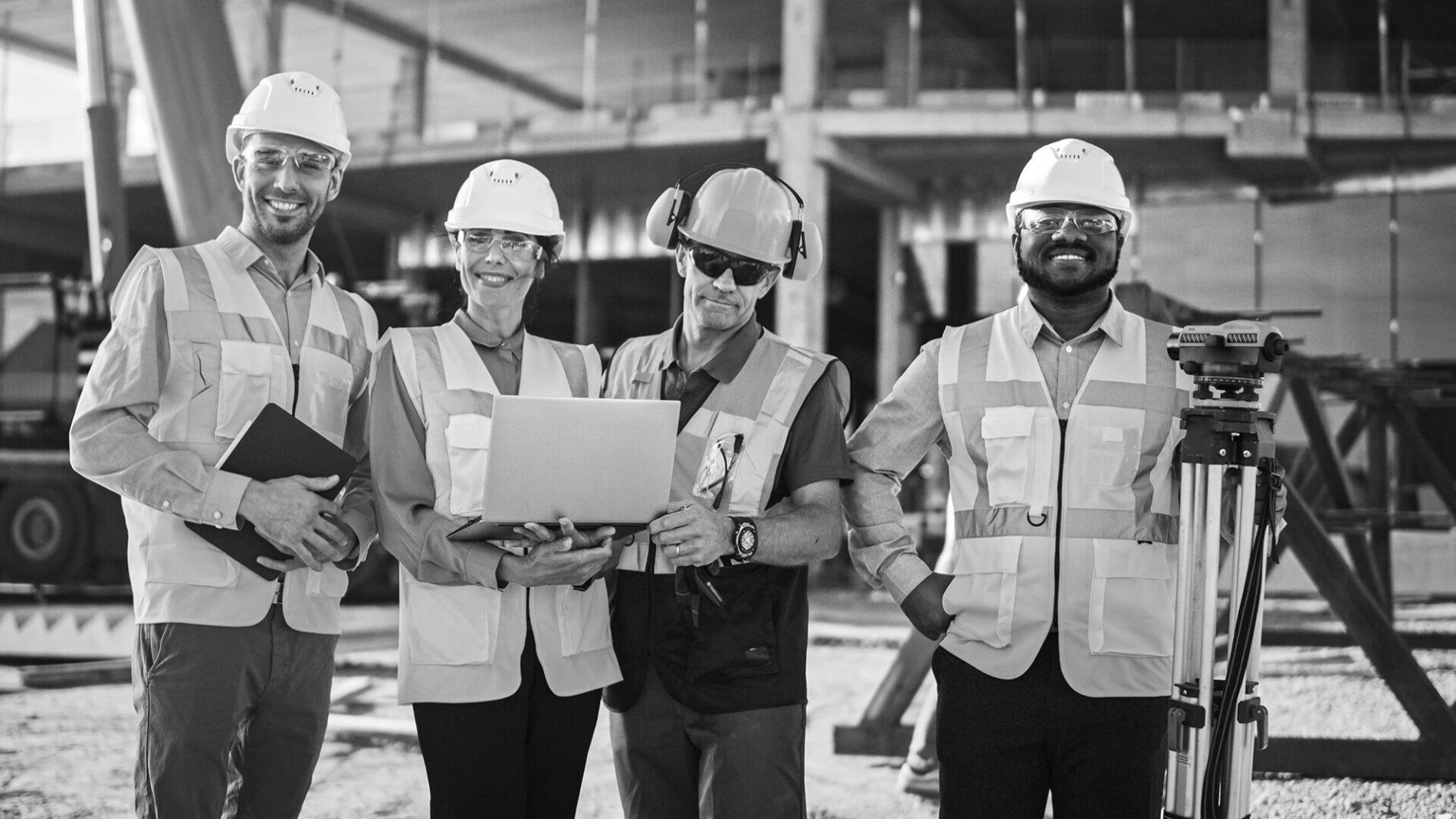
In the construction industry, where labor shortages are a growing concern, expanding the workforce is crucial. The industry’s commitment to inclusion is not just a moral obligation—it’s a business necessity. As CIW Co-Chair Ray Sedey, CEO of McCarthy Building Companies, explained, “The construction industry’s most valuable asset is its workforce. Our ability to continue to build and sustain the talent pipeline hinges on our ability to provide people with a great place to work. Construction Inclusion Week resources and activities give us the tools we need to create an inclusive culture that current and future generations of the construction workforce deserve.”
The initiative has now become a staple in the industry’s efforts to foster long-term, sustainable change in how companies approach recruitment, retention, and overall workforce development. Notably, 80% of the ENR Top 50 Contractors are set to participate, demonstrating the commitment of some of the largest firms in the U.S. to advancing these goals. Additionally, a broad range of participants—federal departments, educational institutions, and organizations serving the built environment, including architects and engineers—will be involved, showing the comprehensive nature of the event. This diversity in participation reflects the construction industry’s increasing recognition that inclusion is not just about meeting quotas, but about fostering a culture that leads to innovation and resilience.
This comes at a time when many industries are experiencing pushback against DEI efforts. As political and social climates shift, CIW’s organizers—including founding companies like Turner Construction, Clark Construction, and Mortenson—are standing firm in their belief that inclusion is a long-term strategy for success. The construction sector is uniquely positioned to lead this charge because of its direct influence on the physical and social infrastructure of society. “We have a responsibility to ensure that the communities we build are reflective of the diverse world we live in,” said Peter Davoren, CEO of Turner Construction. “Our industry builds the foundations of society, and it is our duty to make sure that these foundations are inclusive and equitable for all.”
“Our industry builds the foundations of society, and it is our duty to make sure that these foundations are inclusive and equitable for all.”
CIW’s primary goal is to create opportunities for underrepresented groups to enter and thrive in construction careers. This year’s activities will emphasize workforce development, focusing on recruitment, retention, and career growth, especially for minority and underrepresented communities. The construction industry has historically struggled with representation, with the U.S. Bureau of Labor Statistics reporting that women make up only 11% of the construction workforce, while racial minorities are also underrepresented in leadership roles. Addressing this imbalance is one of CIW’s central missions. By promoting inclusive practices, companies can open doors to a more diverse talent pool and ensure that the industry reflects the communities it serves.
One of the standout elements of CIW 2024 is its emphasis on supplier diversity, which highlights the importance of including diverse suppliers in the construction process. Supplier diversity goes beyond simply hiring more workers—it involves creating opportunities for minority-owned and disadvantaged businesses to thrive within the construction supply chain. This is critical for fostering economic inclusion and creating a more equitable industry. “When we include diverse suppliers, we not only diversify our business practices, but we also drive innovation and build stronger communities,” explained Kimberly McNally, VP of Supplier Diversity at Gilbane Building Company. CIW aims to educate companies on best practices in procurement, financial literacy, and access to opportunities to ensure that diverse suppliers can effectively contribute to the industry.
During CIW 2024, each day will focus on specific themes that guide participants through practical discussions on building inclusion and belonging within their organizations. On Monday, the theme of Commitment & Accountability will emphasize the role personal responsibility plays in creating inclusive environments. This day’s focus highlights the need for leadership at all levels to take ownership of DEI efforts and ensure accountability in achieving these goals. On Tuesday, Belonging will underscore the importance of fostering a sense of inclusion within teams. A workforce that feels valued is more productive and innovative, and companies must focus on creating an environment where everyone feels they belong.
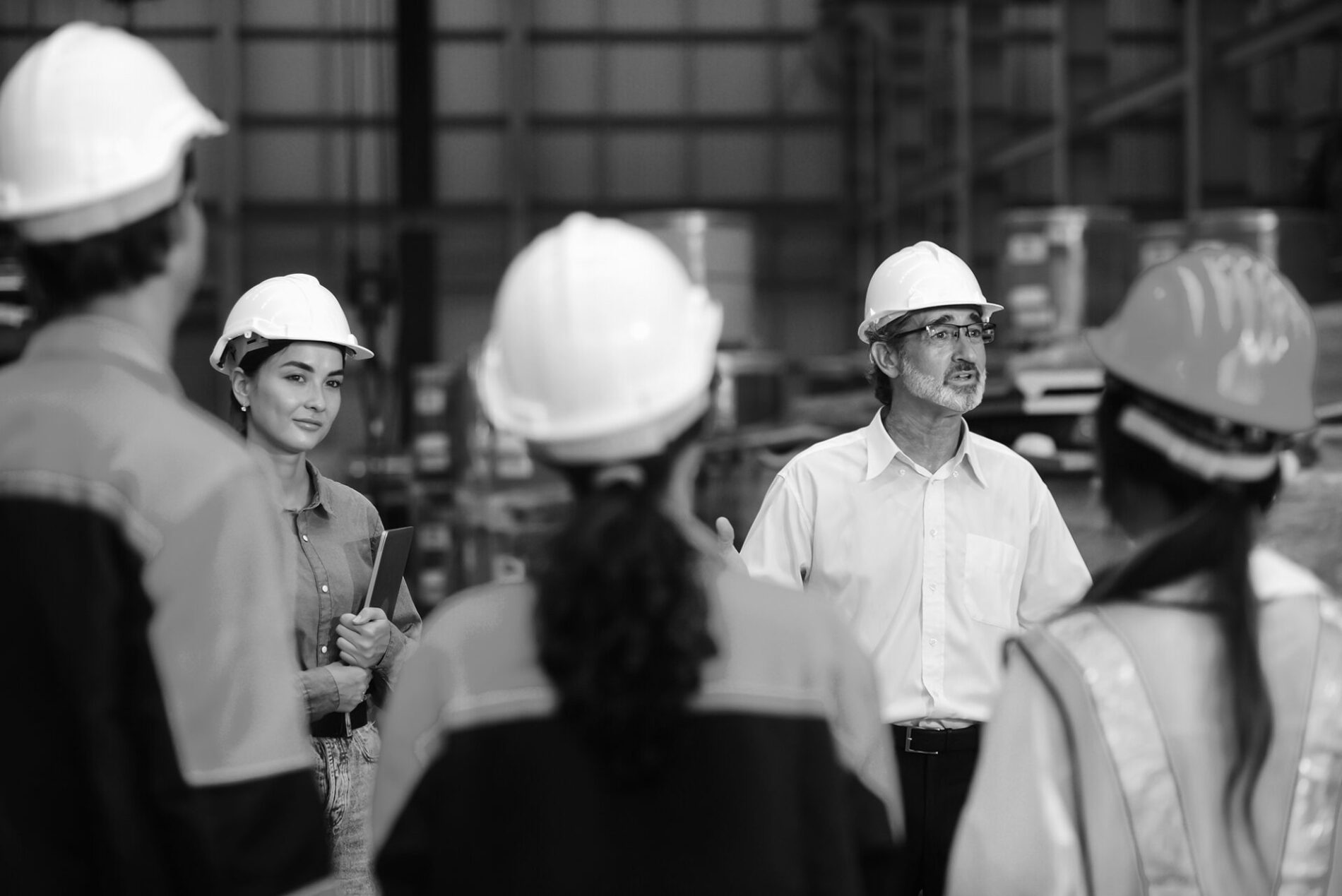
Wednesday’s theme of Supplier Diversity will dive into the significance of including diverse suppliers in construction projects and supply chains. Expanding supplier diversity is not only good for business but also strengthens community ties by supporting local and minority-owned businesses. On Thursday, Respectful Workplaces will address the creation of safe and respectful environments for all workers, regardless of their background. This theme is vital for ensuring that everyone in the industry feels empowered to contribute their best work in a space where they are respected. Finally, Friday’s theme of Community Engagement will reinforce the industry’s responsibility to uplift the communities it serves. By engaging with local communities, construction firms can contribute to broader workforce development and create lasting social impact.
Beyond the daily themes, CIW 2024 will provide an array of free educational tools, including toolbox talks, webinars, and video resources, all designed to help companies implement long-term strategies for inclusion. These resources are accessible to firms of all sizes, from small businesses to industry giants, ensuring that everyone has the opportunity to engage in these critical conversations. CIW is not just about one week of activities—it’s about building a culture of inclusion that lasts all year.
The event is also an opportunity for companies to engage with their employees on a deeper level. By participating in CIW, firms can create spaces where workers feel heard and valued, leading to greater job satisfaction and retention. Studies show that inclusive workplaces lead to higher levels of employee engagement, and with the construction industry facing a significant talent gap, fostering this sense of belonging is more important than ever. As more diverse voices join the workforce, the industry will become stronger and better equipped to handle the challenges of tomorrow.
Looking ahead, the progress made by CIW in the past four years is just the beginning. The construction industry has a unique opportunity to lead the way in creating a more inclusive and equitable workforce. By doubling down on DEI efforts, firms can ensure that the future of construction is one that reflects the diverse world we live in. As McCarthy CEO Ray Sedey puts it, “Inclusion is not a box to check—it’s the foundation of a strong, sustainable workforce that benefits us all.”
Construction Inclusion Week 2024 offers companies a chance to be part of this important movement. By participating, firms not only improve their internal culture but also contribute to the long-term sustainability of the industry as a whole. For more information on how to register and access resources, companies can visit constructioninclusionweek.com.
The future of construction is inclusive, and the time to act is now.








